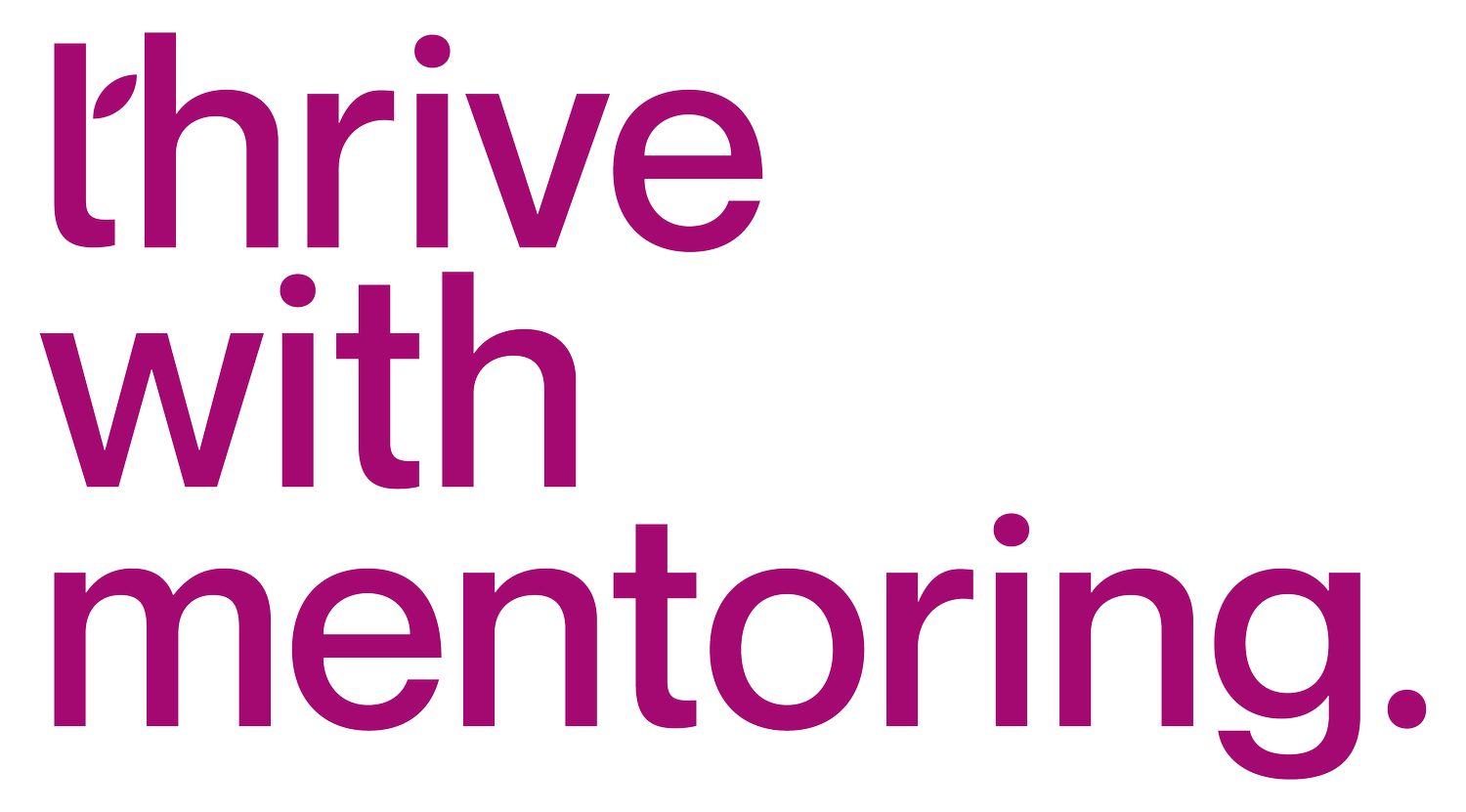How to get more women in your corner?
Mentorship is a form of social capital. Research has shown time and again that those who know how to ask for it and those who receive mentorship do far better in their professional and personal lives than those who don’t.
In a 5 year study Gartner study published in 2006,
25% of employees who enrolled in a mentoring program had a salary-grade change, compared to only 5% of workers who did not participate
Mentees were promoted five times more often than those not in a mentoring program
Retention rates were higher for both mentees (22% more) and mentors (20% more) than for employees who did not participate in a mentoring program
In the 2018 Employee Engagement & Loyalty Statistics (https://bit.ly/2xx22PV)
83% of workers participating in a mentoring program admitted that their experience positively influenced their desire to stay at their organisation
More than 70% of HR professionals believe outmoded work practices, sketchy career paths and limits on advancement, development and mentoring are impacting attrition
Only 19% of employees view their bosses as mentors, people they can learn from and trust
In the 12 years between these surveys, the value associated with mentoring has only risen. There is more awareness around it and many have made it their mission to facilitate mentoring networks. Though sometimes when ou read something along the lines of “mentorship enables future and current leaders on a daily basis”, you think, tell me something new! Tell me something that I can do about it.
Mentor mentee relationships are often clouded by notions of Return on Investment ( ROI)- if any at all; and it is doubly difficult for women to women mentorships. Any mentor worth her salt will attest to the fact that there is no real measuring stick for the kind of value add that happens during these sessions. The stats above are proof of that. Women mentorships are a bit like the old boys’ club. It’s about getting the right women in your corner.
But what can women do?
Ask to be mentored- Men tend to seek and offer mentorship far more easily than women. Women want to be found and encouraged. They want someone else to invite them to a mentorship. This is because they may fear rejection, are uncertain that this person might actually be of help or simply don’t want to assume another woman might want to give them time. Men flit from one mentorship to another, till they’ve found the right one. So ladies, on this one- Ask, what’s the worse that can happen? If you get a No, you are not worse off than where you started
71% of women in the DDI study reported they always accept invitations to be formal mentors at work, and the vast majority said they would mentor more if they were asked. Stop waiting to be asked and to ask, just go and get it.
Value add to the relationship- As a mentee you may be concerned that the mentor may not be willing to give you time or wonder what’s in it for them. I have had literally hundreds of mentors who have shared with me how much they have benefitted from mentoring. The best thing to do is support the mentor in building their personal brand. Every time you get out of a session with them, share what you’ve learnt on social media. Possibly, retweet their thoughts or tag them on a thought provoking post on Instagram. Help build their leadership brand while they help you build yours.
We all prefer content with humor and aspirational value. Women make up the majority of users on social networking sites. 40 million more women log into Twitter each day than men. Use this majority to your advantage.
Offer to mentor- Women have said that they will mentor a lot more if they are asked to mentor. Why not offer to mentor? If somebody else asks you, it’s almost an external validation that says that another person believes that you’ve something to offer. Also, if you were to offer yourself, you may think that that’s rather presumptuous of you that you may actually have something to offer. Whatever be the case, wherever be the doubt, just go out there and offer. Women who go out of their way to support others create a ripple effect that leaves everyone better off.
Keep your eyes and ears peeled for the informal mentoring that you get. This could be someone that you work with or someone that you intermittently come in contact with. You have to make it okay to listen to things about you that you may not want to hear. The intent of mentorship and these honest conversations isn’t to hurt your feelings, it is to become aware of them and then figuring out what to do with how you feel.
A final thought : Build a board of mentors. Identify where you need support and the best person who can mentor you with that. And systematically create a mutually supportive relationship. I wish you all the very best.
